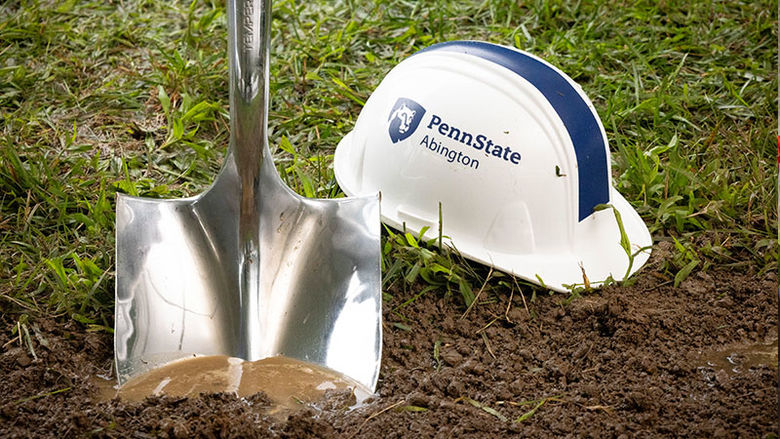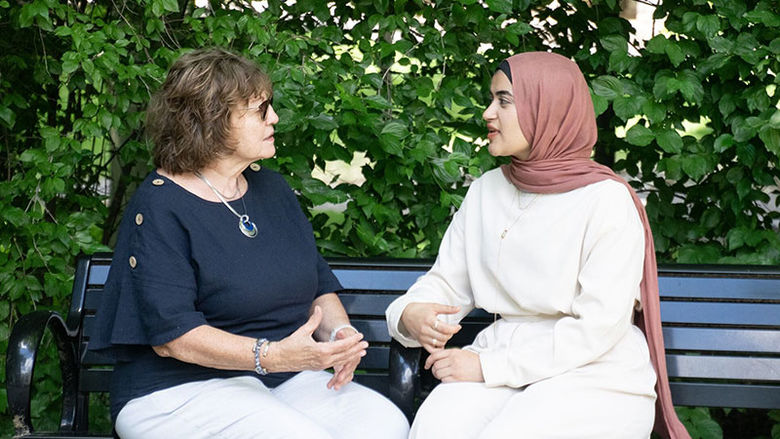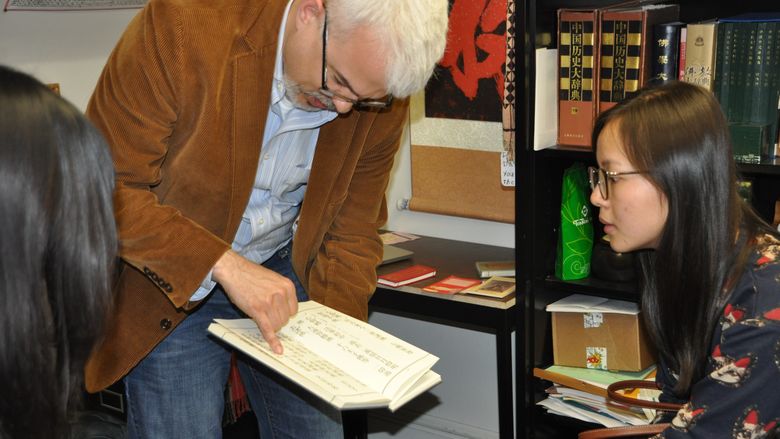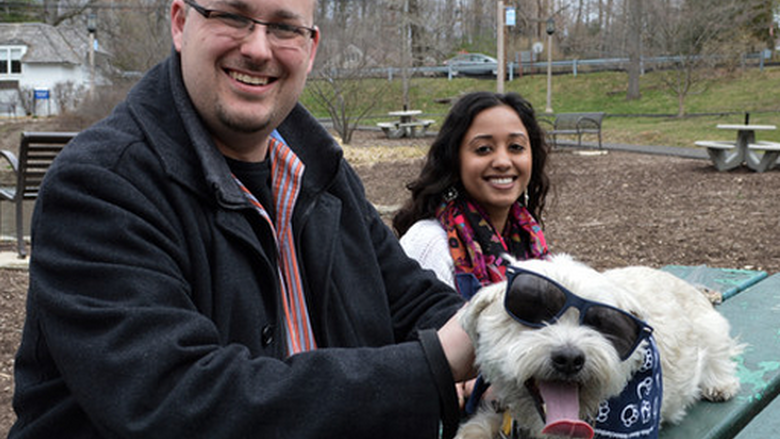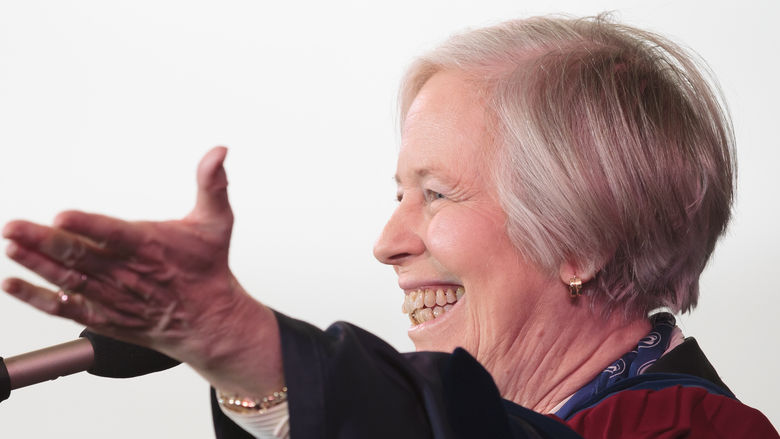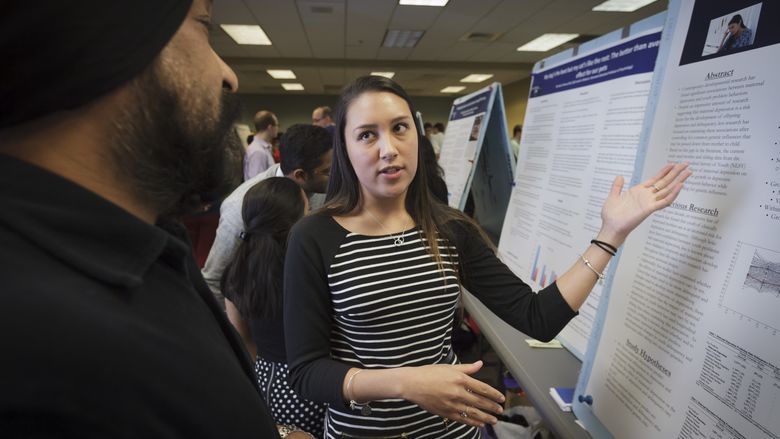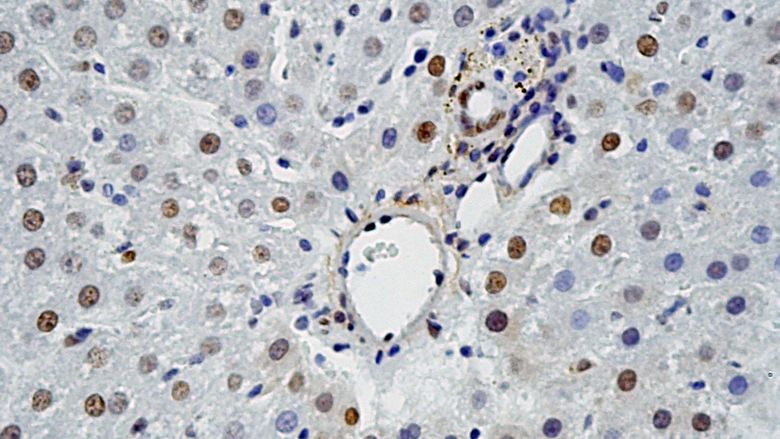Meizi Chen, Kaiyuan Huang, and Weiqian Sheng set out to deepen the understanding of this unique aspect of Asian culture while documenting and visualizing the data through mapping technology. C. Pierce Salguero, assistant professor of Asian history and religious studies, shared his expertise through the Abington College Undergraduate Research Activities (ACURA).
The trio focused on six monks whose remarkable medical contributions were documented in a series of texts called "Memoirs of Eminent Monks (高僧傳)," written between the sixth and 10th centuries. They translated the biographies into English, working individually and as a team, and peer editing throughout to verify data.
Although Chinese is their first language, the women still found translating the texts challenging. The memoirs they examined were written in classical Chinese, sometimes in Sanskrit, and were often technical.
"The language included some specific Buddhist terminology nuances, and these students aren't Buddhists." — C. Pierce Salguero, assistant professor of Asian history and religious studies
They pinpointed the coordinates of medical-related events in the monks' lives using a geographic information database based in Taiwan. Frequently, the names of towns or regions changed over centuries, and the students needed to track down the precise locations, sometimes resorting to paper maps.
After months of intense work, they visualized the movements and connections of these medical monks and practices in ancient Asia, revealing clusters of activity from the data. They ultimately synthesized their research into a display for the annual ACURA research competition.
“The development of Buddhist medicine had a profound influence on Asian history. It integrated Indian and Western medicine into Chinese medical systems and also introduced new principles of medical science and regimen." — Dr. Salguero
